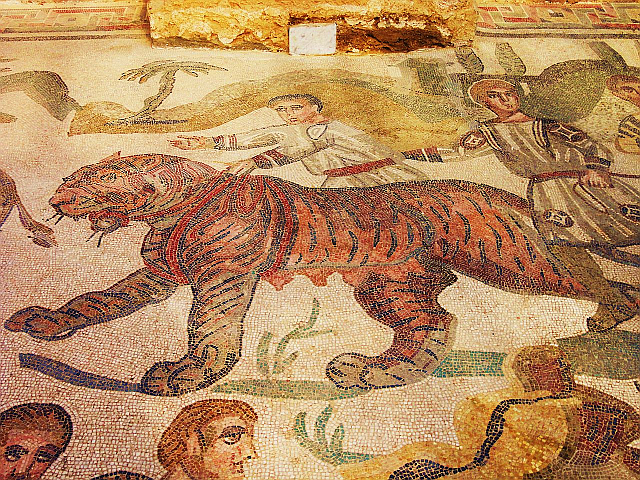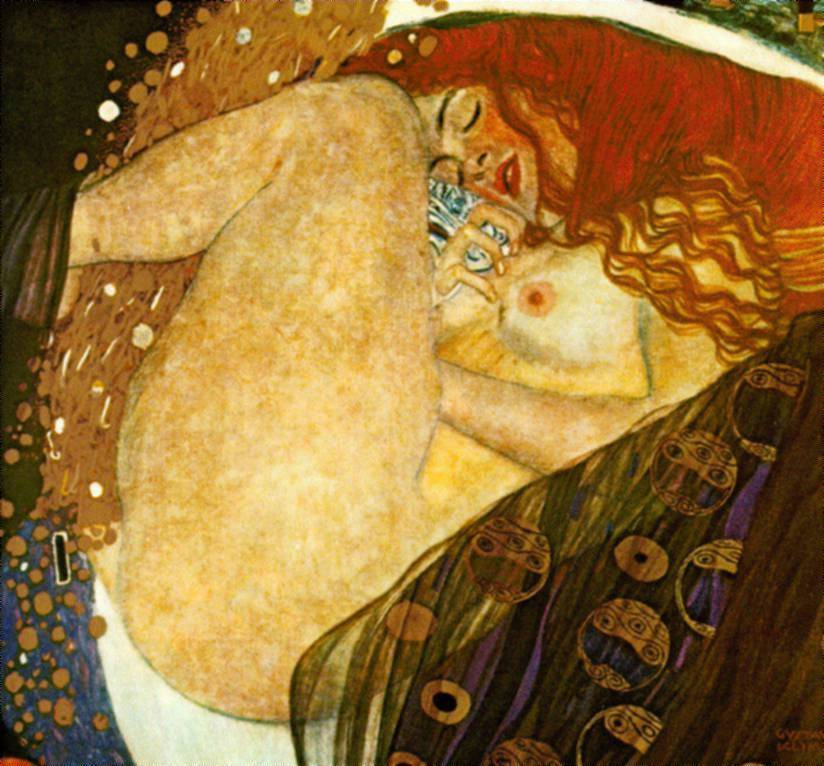But dreadful is the strength of fate—no escaping it by wealth or by war, by towered city, or dark, sea-beaten ships. (Ant. 951-953)
From Encyclopedia Mythica:
The Symplegades are the "Clashing Rocks" through which the Argo had to pass in order to enter the Hellespont. They moved randomly about in the sea, crashing together and crushing ships between them. No humans had ever passed safely through them. Acting on the advice of the seer Phineus, Jason let a dove fly through the rocks to see if the passage was safe; the dove passed through, losing only its tail feathers as the rocks crashed together behind it. Jason and his Argonauts then rowed mightily through the passage, and the Argo made the hazardous trip safely, losing only a piece of her stern ornament. After the Argo's successful journey, the Symplegades stopped moving and became firmly rooted in the sea.
Sophocles links three myths together with the image of the Clashing Rocks in the next to last choral ode (944 ff), which comes after the final speech and exit of Antigone: Danae, the mother of Perseus, whose father tried to prevent a prophecy from being fulfilled by locking her in a bronze underground prison; Lycurgus, whose hatred of Dionysus led to a variety of horrid deeds and to madness; and the sons of Phineus and Cleopatra, who were blinded by their stepmother, Eidothea, sister of Cadmus.
Once again we are led to ponder the relationships of the ode's wide range of mythic elements to the characters, themes and main action of the play. And perhaps to ponder the relation of these stories of inescapable Fate to the Clashing Rocks. Is it relevant that Jason was able to successfully negotiate the Rocks only with the help of the blind seer Phineus?
the two Cyanæan1 islands, by some called the Symplegades2, . . . stated in fabulous story to have run the one against the other; the reason being the circumstance that they are separated by so short an interval, that while to those who enter the Euxine opposite to them they appear to be two distinct islands, but if viewed in a somewhat oblique direction they have the appearance of becoming gradually united into one. Pliny.
 |
| Calais and Zetes help Phineus against the Harpies |




